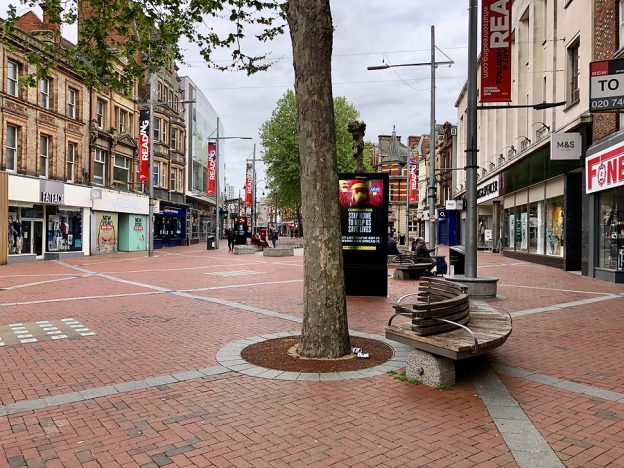
The government are starting a consultation into the possibility of introducing a new Online Sales Tax (OST). Its idea is to fund a reduction in Business Rates with the new tax on online retailers.
Why are the government considering this now?
The conclusions to the government’s review of business rates formed part of the Autumn Budget.
Several high profile retailers brought up the idea of an Online Sales Tax during this business rates review. And a commitment to a full consultation was part of the Budget.
Setting up a consultation doesn’t mean that the decision has been made. It means that the government are asking for input from interested parties between 25th February and 20th May 2022. The results of the consultation will inform their decision.
What would an Online Sales Tax be used for?
The retailers who suggested this idea seem to be framing it as a “rebalancing” of the business tax system. Companies without any real life buildings don’t pay the same business rates our high street shops. So this isn’t a cost they need to factor in. Businesses who operate online don’t have this cost, therefore aren’t contributing as much to the Treasury.
Business rates are property tax and are used to pay for local services in their area. The government cannot afford to lose the £25billion England gets from business rates every year. So they’re looking to using the OST to pay for business rates tax relief.
Even before the pandemic, the rise in online shopping was having its effect on the high street. And we all know how the pandemic’s further affected our shopping habits.
As the HMRC press release states: “Given the significant changes in the retail market and shift online, it is right that the government reassesses the taxation of this sector, although no decision has been made yet as whether to implement such a tax.”
What’s the government line?
Financial Secretary to the Treasury, Lucy Frazer, said:
“We want to see thriving high streets and a fair economy as we move forward from the pandemic, which is why our business rates review cut the burden by £7 billion for businesses, and committed to look at an Online Sales Tax given the imbalance identified by some between online and in store retailers.
“Whilst we’ve made no decision on whether to introduce such a tax, it’s right that, given the growing consumer trend to shop online, we work with stakeholders to assess the appropriate taxation of the retail sector.”
Basically, a new Online Sales Tax is one possible way the government can fund a reduction in Business Tax, which might also have the extra bonus of boosting high street performance.
What are the downsides to a new Online Sales Tax?
The consultation addresses many of the possible downsides to an OTS. It’s going to be complicated. For a start, who’s going to pay the new tax business or customer? Either way, this probably means a price rise to account for the extra expense.
Another example is a business that trades online and in a bricks and mortar shop. How do they report their takings? Will the same thing cost more online than in the shop because the online sale incurs the new tax?
The complexity of the situation is reflected in the 40 question consultation document. They’re divided into three sections: Scope, Design, and Impacts. Attempting to cover all possible information the government will need to make their final decision. At this point, there’s no mention of rates. If you’re a stakeholder in this situation, you might want to make your voice heard at this early stage.





